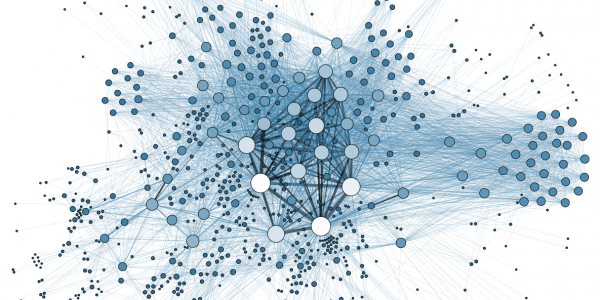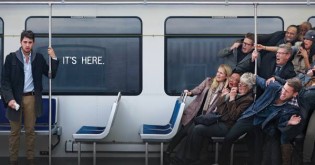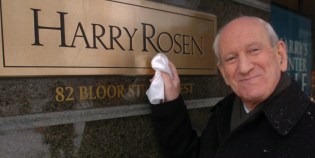Never mind the fear of missing out. Some consumers around the globe are feeling the joy of missing out, according to a new study by Havas Worldwide.
The agency’s latest Prosumer Report, The Modern Nomad: Connect Me if You Can, explores how today’s “always-on” world has affected the way people live, work and think.
The report draws on findings from an online survey of more than 10,000 adults across 28 markets including Canada, the U.S., China, Brazil and Spain. The survey sample was made up of 20% “prosumers,” or those on the leading edge, and 80% mainstream consumers.
“The study revealed a tension between what we’ve all been experiencing since we started carrying our jobs and social lives in our pockets, due to our shared addiction to our phones, texting, email and social media,” said Tim Maleeny, chief strategy officer at Havas Worldwide.
Havas categorized the 28 markets into three major groups: The Conflicted (those experiencing the greatest tension between wanting to speed up and slow down), The Entrenched (those markets including Canada that view the new pace of life as something to be worked around), and The Fatigued (those who long to return to a slower, more mindful way of living).
“Even a couple years ago, we were starting to see a rise in digital detoxing and disconnected vacations. Colloquially, people talk about the joy of missing out instead of the fear of missing out,” said Maleeny.
“We’re seeing glimpses of people trying to find balance with this new reality. Technology is not going to go away, but what happens is people find equilibrium. Just because you can work 20 hours a day and you can post to your timeline every 10 minutes doesn’t mean that you should.”
The study also revealed a “productivity paradox:” while complaining about how busy we are has become a standard part of conversations, fewer than one in three respondents said they always had too much to do. Forty-two percent admitted they sometimes pretend to be busier than they actually are, and six in 10 believe other people are faking their busyness.
In Canada, nearly 36% of respondents said they sometimes pretend to be busier than they are and 52% said most people pretend to be busier than they actually are.
“We’ve become so busy in this interconnected world that the social currency of the day is to appear as busy as possible to your friends and colleagues,” said Maleeny. “Our study showed that people were actually exaggerating how busy they really were in order to seem relevant and interesting.”
For marketers this creates two opportunities, said Maleeny. “Marketers can play into our collective need to cherish experiences and the social currency of being in demand and always on, specifically by promoting products in the context of how they fit into our frenetic lives or how they enhance and create new experiences.”
“The other option is for marketers to play into the conflicted feelings we all have about being always-on, offering a chance to disconnect or detox from our digital delirium,” he said. “Depending on the product or service, say technology versus hospitality, you could speak to people from either side of the mirror.”
The report also identified attitudes toward modern transportation and travel. Among the findings:
•74% of global respondents and 59.5% of Canadians said the internet and digital apps have made life easier. On the other hand, 37% percent of global respondents and 35% of Canadians said technology is making travel too impersonal – they miss the human interaction with travel agents, airport personnel, etc.
- Nearly six in 10 prosumers and 43% of mainstream consumers would like their cars to be connected to the internet, and the majority of prosumers think the best-selling cars of 2050 will be sold by technology brands.
- People are not particularly excited about impending advances in mobility. Only a quarter to a third of global respondents indicated they’re eager to start using self-driving cars, magnetic-levitation trains, urban transport pods, or affordable electric bicycles.
“There’s a collective understanding that we’re starting to see the ingredients for that Star Trek future which we’ll all live with aerial highways and flying cars,” said Maleeny.
“But right now, people’s reference point is the world in which they live and their daily commute and how dependent they are on their vehicles. That’s a little reminder that as you introduce new transportation, you also have to think through the behavioural change.”










